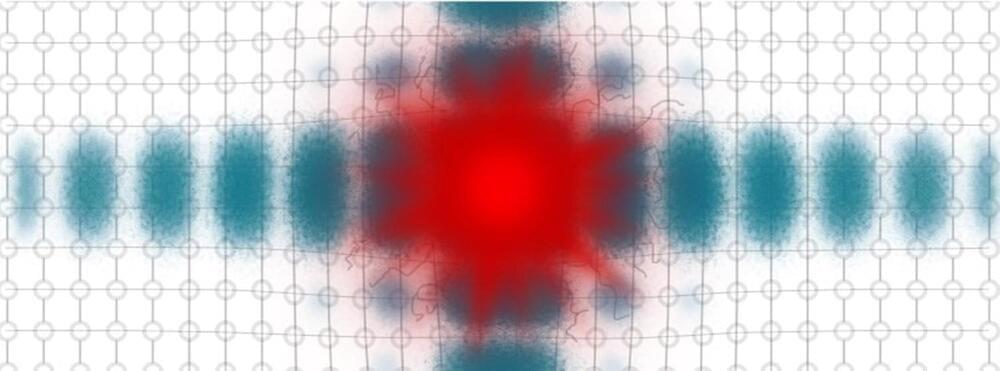Notably, while other scientists have observed similar phenomena in their laboratory data, the mechanisms behind these observations remained elusive until now. Allan Johnson and his collaborators have elucidated the underlying processes, highlighting the formation of polarons and their ordering in specific directions as a key factor in reducing the energy penalty to the metallic phase. Driving the phase transition by exciting this disordered state of motion can be achieved with less energy.
Furthermore, the dynamic barrier lowering means that scientists are able to selectively reduce the energy required for the laser driven phase transition without increasing the probability of thermal switching, in contrast to other methods for improving the efficiency.
The results have been published in Nature Physics. The implications of this research extend beyond fundamental science, offering new avenues for precise material control and technological innovation. As the team continues to optimize the method and explore new materials, the potential for transformative advancements in material science and optical control remains high.
